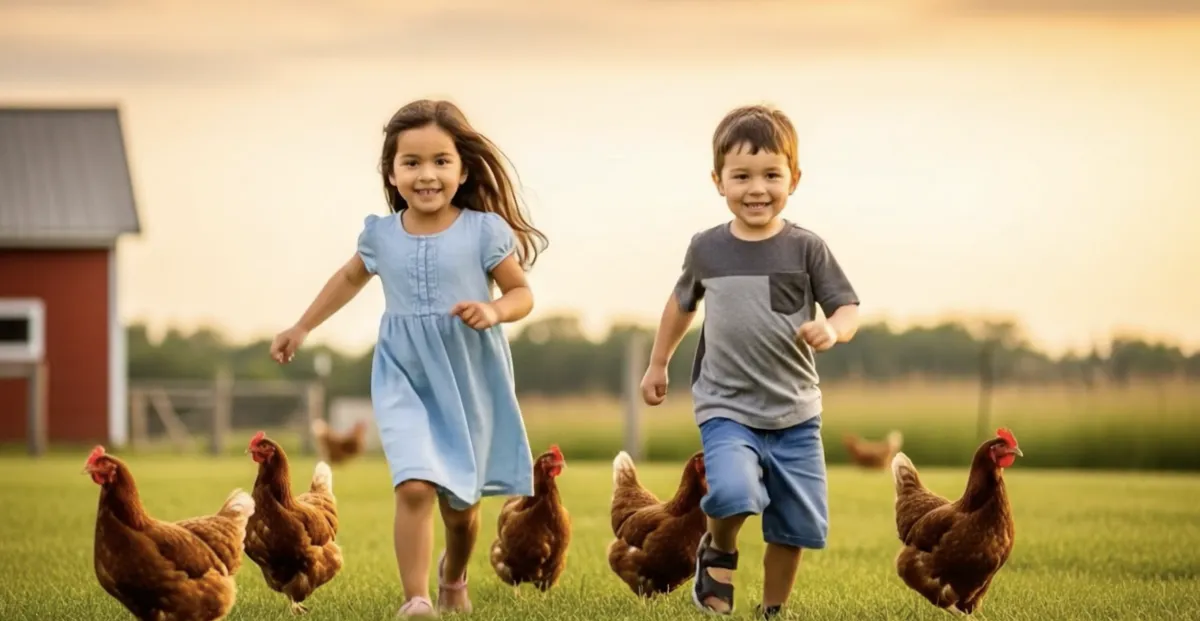
When the News Hits Home: Talking to Your Kids About Tragedy
For more Private Safehouse Network information and blog posts: privatesafehousenetwork.com
When the News Hits Home: Talking to Your Kids About Tragedy
"Daddy, what happened in Texas?"
If your kids have seen the news - or heard the whisper between mom and dad at home - they already know something happened. Something bad.
The images from Kerrville: flooded homes, displaced families, kids just like them clinging to loved ones, are heartbreaking. As a father of 4, I cannot imagine what those parents are going through.
If I focus on my own kids, it’s hard to know what to say. Do you downplay it? Avoid it altogether?
Or do you use this moment to help your child feel secure.
Why These Conversations Matter (and How to Have Them)
Children are deeply intuitive. They pick up on tone, tension, and unspoken fear. When tragedy strikes—especially close to home—it’s better to talk than to pretend nothing’s wrong.
Here are a few simple ways to approach it:
1. Keep It Honest, Age-Appropriate
You don’t need to show them graphic images. But you can say,
“A lot of rain caused dangerous flooding in a Texas town. Some families had to leave their homes. The good news is people are helping.”
2. Emphasize Their Safety
Let your kids know your family has a plan. That’s the #1 thing they want to hear.
“We have supplies at home, we know where to go if something ever happens here, and our job is to keep you safe.”
3. Get Them Involved & Empower Them
Maybe have your child join you as you go online and donate to a charity helping in Texas.
Or, to help your kids feel prepared, not powerless:
Show them where you keep your prepping supplies. Maybe even explain how a few items work.
Let them pack their own small emergency bag
Practice your family’s meet-up plan
When Real Disasters Hit Real Families
The Kerrville flooding was a tragedy, exacerbated by middle-of-the-night timing of the floodwater's rise. Unfortunately, weather events like these are increasing nationwide. In fact:
1 in 10 U.S. homes is now in a FEMA-designated flood zone
2023 alone saw over 1.7 million Americans displaced by natural disasters
70% of power outages last more than 8 hours—some stretch for days
When disaster strikes, families often have just minutes to respond. The time to prepare isn’t later. It’s now.
3 Things You Can Do This Week
Don’t wait for things to “calm down.” The best time to make a plan is before you need it.
1. Talk About a Safe Place to Go
If you had to leave your home for a few days, where would you go? A family member? A friend?
2. Build a Family Go-Bag Together
Include:
Copies of IDs
First aid items
Emergency contact sheet
Snacks and comfort items
A small toy or game to help little ones feel grounded
3. Create a Paper Emergency Plan
Make sure every family member (even kids!) knows:
Two places to meet
Who to call if you’re separated
What to do if cell service is out
Closing Thought: Fear Isn’t the Enemy. Uncertainty Is.
Your kids aren’t asking for guarantees. They’re asking for clarity.
When families build simple, calm, proactive plans, children feel protected—and parents feel confident.
Praying for the families and the heroes in Texas.
For more Private Safehouse Network information and blog posts: privatesafehousenetwork.com
